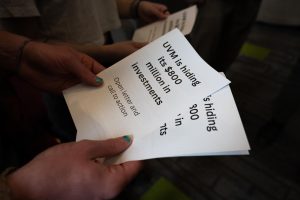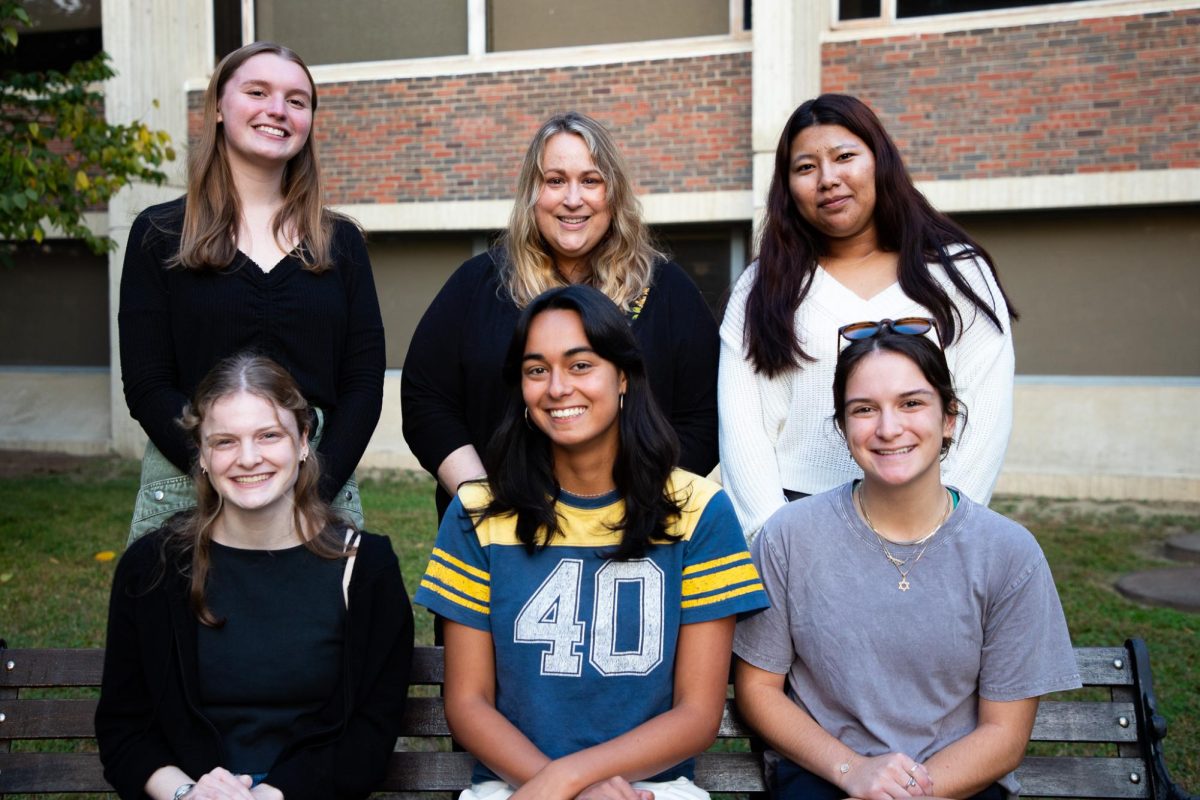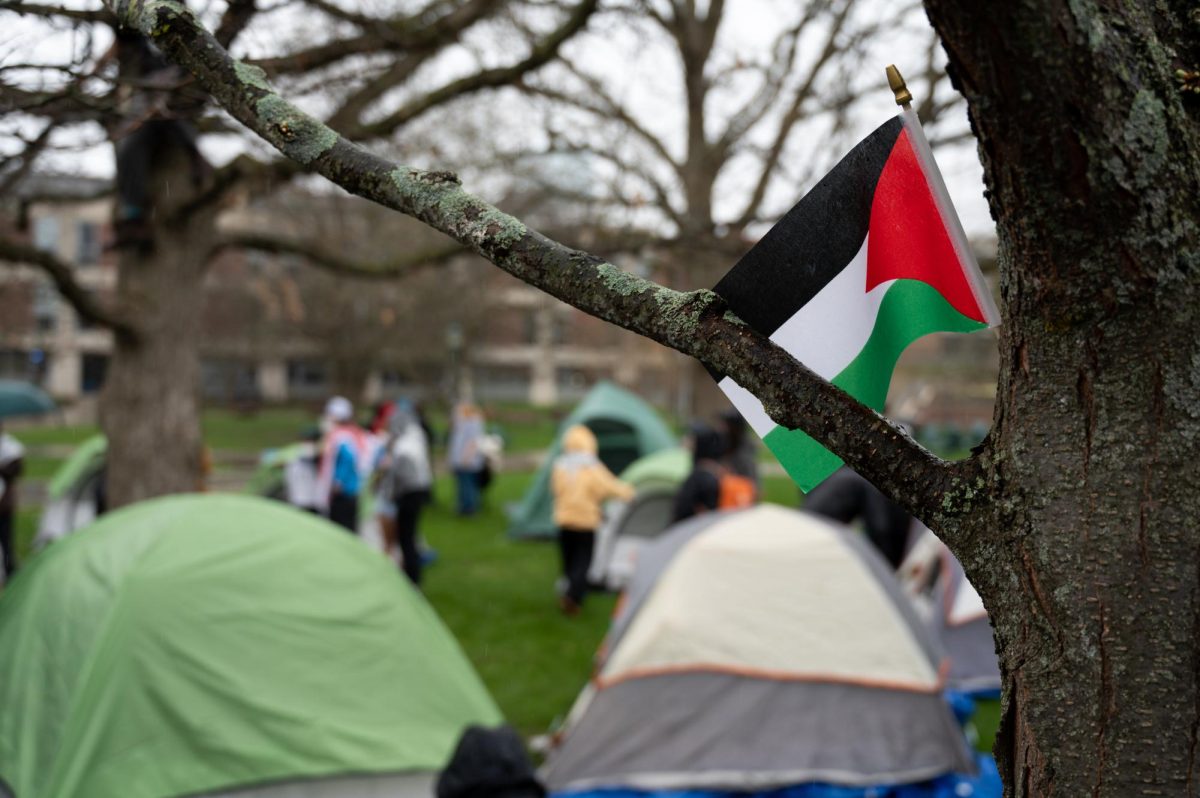The University creating the new position of Director of the PIVOT Peer Educators Program is in response to student activism, said Jennifer Demers, the inaugural holder of the position.
The program will be made up of two courses; the first course is focused on sexual violence topics and the second will focus on the application of that knowledge within a community, Demers said.
“This is something that student activists asked for,” Demers said. “Students decided, ‘we want this on our campus, we want to have an active part in changing the culture,’” she said.
Along with protests, a list of student demands was released which directly addressed sexual violence at UVM, according to a May 4, 2021 Cynic article. UVM agreed to every demand, the article stated.
“We encourage UVM to research, review, and create an internship or volunteer program for undergraduate students in the College of Education and Social Services who are interested in gaining experience in the field of sexual violence advocacy,” stated one of the student demands.
Student assistance for program development happening this semester is going to include a group of five to seven students from the public health program at UVM, Demers said. Registration for the course, once developed, will be available to students across campus, she said.
Demers is in the College of Nursing and Health Sciences, according to her staff bio.
In the first course, students will learn about topics including interpersonal violence, resources, reporting options for victims and bystander intervention, Demers said.
The second course will cover the application of that knowledge and putting it into action, Demers said. It is a class that teaches you how to be an effective Peer Educator, she said.
“Students will learn how to use that knowledge to create outreach activities on campus, social awareness campaigns and workshops for different groups on campus,” Demers said.
Peer Educators, like sophomore Samjana Rai, are currently working with Demers to create the class, Rai said. Aspects of this involve deciding what the course is going to teach and what kinds of hands-on activities are included, she said.
“We give her feedback and see if that is something the students would be interested in learning,” Rai said.
Rai is a senator in SGA serving on the Committee for Diversity, Inclusivity and Equity, she said. Each April, the committee hosts an event for Sexual Violence Awareness Month to raise awareness about sexual violence, which provides a background in the subject area, she said.
In the future, Rai hopes to see the class become mandatory for students and have it included in the University requirements for every college, she said.
“Voices aren’t being heard, either by the people around them or by the campus as a whole, UVM specifically,” Peer Educator and sophomore Emma Desroches said.
Demers and Peer Educators planned to meet Sept. 28 for their first official planning meeting, Desroches said.
Peer Educators receive one academic credit for every three hours they spend working with the program each week, up to a maximum of three credits, Desroches said. While the program is just starting, the number of Peer Educators is kept small to form a tight-knit group, she said.
Prior to Demers coming to UVM and this program being started, the University has not had a consistent peer-education program focused on topics of sexuality, said Elliot Ruggles, Sexual Violence Prevention Coordinator.
“If we have peers who have had further training in these topics, the information is going to spread that much quicker,” Ruggles said. “I’m hoping it will raise the baseline level of knowledge that most students have about healthy relationships,” he said.
Peer education is important, especially for an undergraduate population, Ruggles said. Students are going to be the most trusted sources of information for one another, they said.













